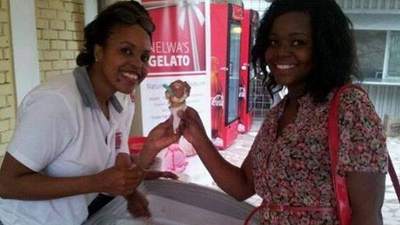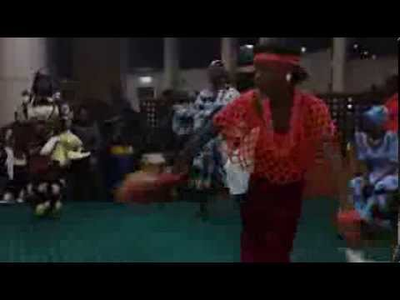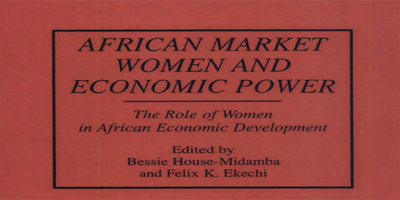African Diaspora: Story Of A Ugandan Athlete-Turned-Entrepreneur – Sharif Kakooza, 22, came to the U.S. alone at age 17 to compete as a professional in the 2010 Miami International Triathlon, and he stayed, becoming part of the African diaspora.
Five years later, Sharif is a clothing model, has appeared in a LeBron James Nike commercial, and has started his own brand of athletic clothing. He enrolled in Miami Dade Community College a year ago, studying English and math. He’s wants to be a business major.
People helped Sharif, but they say it took more than ordinary skills and determination to pull off what Sharif pulled off. It’s the work of an Iron man-like determination, plus a whole lot of charisma.
Sharif slept in the Miami International Airport his first night in the U.S. The next day, race director Wilber Anderson picked him up from the airport.
Anderson owns Miami Tri Events, organizing triathlons such as the Miami Iron Man. In 2010, Anderson was race director and owner of the Miami International Triathlon.
Sharif first reached out to Anderson from Uganda, saying he wanted to compete in the Miami International Triathlon as a professional. Anderson provided the letter Sharif needed, and registered him to race. It was Sharif’s first pro race.
Then one day, Sharif “just called me out of the blue and said ‘I”m here at the airport,’” Anderson said. “I said, ‘Oh my god.’ I was in meetings all day.”
When Anderson arrived to collect Sharif, he asked, “Where is it that you’re going?”
Sharif told him, “I don’t have a place.”“I had a problem,” Anderson told AFKInsider. “I had a kid that’s competing in a race and he doesn’t have a place to live.”
Anderson called Elliot Mason, an athlete and trainer, and said “I need a favor.”
Mason gave Sharif a place to live. The two became friends and Sharif stayed with Mason for three years.
Sharif competed in the 2010 triathlon as planned, racing alongside Matty Reed, Chris Lieto and Andy Potts — the best triathletes in the world, according to Anderson — what Michael Jordan was to basketball or Tiger Woods to golf.
“He did well too, (in that race)” Anderson said. “(Sharif) is the type of person who — it’s incredible how they go after their dream. There are no limits. I knew he had a bright future. This is the American dream for him.”
In Uganda, Sharif had been on the national swim team and attended school at City High School in Kampala. He had completed his O-levels when he arrived in the U.S. in 2010 with $50.“I didn’t know anyone,” Sharif said in an interview with AFKInsider. “I didn’t want go back back. There was a lot of violence in the city of Kampala.”
Sharif was born into a large family in Kampala — eight brothers and six sisters. His mother, a political activist for the opposition FDC party (Forum For Democratic Change), died when he was 7. Sharif’s father ran a business refurbishing scales, and basically pawned the family home to buy an airline ticket to send Sharif to the U.S. Sharif has since paid off the debt.
Business isn’t good and his dad is sick, Sharif said. But Sharif is the family hero. He is succeeding, and his dad encourages him to stay focused.
As a child in Uganda, Sharif started swimming, in “a very dirty pond in my neighborhood where rainwater would flow.” He couldn’t afford the public pool, which charged $1, so he did odd jobs for money to get in. “It took me two weeks to save $1,” he said. “I couldn’t ask my dad.”
When the management at the pool saw how hard Sharif worked, they started letting Sharif in free. “I’d clean the bathrooms,” he said. “They saw I was always there and didn’t have money and I was good so they let me join the university team. I was the only junior swimmer on the team.”
On non-school days, Sharif would do his housework, and then go to the pool and spend the whole day, starting at age 9. It took him two hours to walk to the pool. So he ran. “Before training I’d clean the pool so they’d let me stay,” he said. “After school I’d go to the pool. I was competing from age 8, 9. My friends used to call me Ghetto Fish. Swimming in my country is only for people who are wealthy.”
After Sharif made the university team, he did his first race at age 10, competing at Lincoln International School in Uganda. “My friends said ‘Sharif we saw you on TV.’ When I saw the news, I said, ‘I’m going to start swimming every day.”
At age 13 Sharif got onto the Uganda national junior team with kids his age, and he continued competing until he left the country. He qualified for national and African competitions, traveling all over Southern and Eastern Africa including Malawi, Zimbabwe, South Africa, Kenya and Tanzania.
Running was easy for Sharif. “I didn’t have to force myself,” he said. “In Uganda I was walking a lot and sometimes I ran to practice. Running became second nature for me.” Before he left Uganda, Sharif lived with an American family, where he focused on learning English. “I used to babysit American kids in Uganda,” he said. “I started helping my family (financially) from giving swimming classes.” But Sharif said he didn’t feel safe in Uganda.
“You’re a national athlete but you don’t get anything — no education, no money,” he said. “There were no opportunities. I never wanted that life. I wanted something different.”
Sharif spent his first two years in the U.S. training and competing in races and national championships around the country. He finished second in the Florida Talent Series 2011 triathlon. He ranked 100th in the U.S. for triathlon in 2012………. Read more at: http://afkinsider.com/81144/african-diaspora-story-ugandan-athlete-turned-entrepreneur/#sthash.UKy50rX9.dpuf



